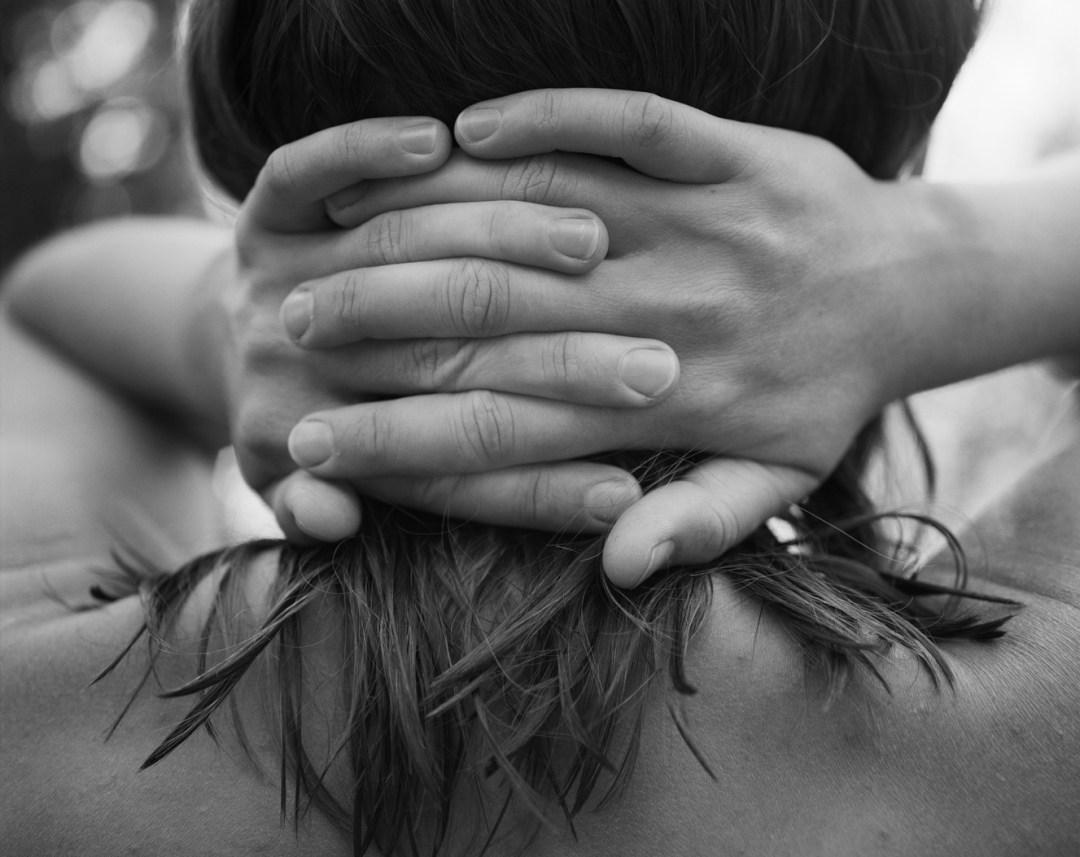What your posture says about your emotions
Having back problems? It might not just be about your back. Catherine Turner explains how flexibility and good posture are crucial to how well we look, feel and present ourselves to the world

It wasn’t until I hit my late 30s, when I took up yoga, that I realised just how poor my posture and stiff my back had become.
I’d been through a particularly stressful time, having been made redundant and given the task of laying off some of my colleagues. With time on my hands, I signed up to a New Year retreat. I spent the weekend straining my stressed body into impossible positions, the culmination of which was being ‘helped’ into a back bend by two yoga instructors holding me up with straps.
I quickly understood that I was suffering the effects of typical office-bound sedentary posture. My hips and hamstrings were very tight, causing me to collapse and round forward, which pushed my head forward and created tension in my neck and shoulders.
At the time, I was unaware of an emotional element to this, which osteopath and martial arts expert Ranjith Chambers explains. ‘The body is a blueprint of everything that’s happened to us from the moment we’re born, held mainly in the sub-conscious. If you hear a loud noise, or someone yells at you, you tense up. Everyone holds such “traumas”: fear, anger, grief and sadness, as well as the impact of physical falls or injuries.’
A report in the journal Spine concluded that psychological factors, notably distress, depression and somatization (a history of physical symptoms of a psychiatric condition such as anxiety), are implicated in the transition to chronic lower back pain.
How do you hold yourself and what does it mean?
- Weight back in the heels, head forward to compensate, creating neck and shoulder issues, back tension along with lower back pain: a sign of emotional upset, often to tipping point
- Hips rotated or an imbalance in hips: something could be holding you back
- Tired and ‘drawn down’ looking: may signify emotional upset, ‘kicked in the stomach’ feeling, folding in for protection
- Shoulders drawn in or rounded, leading to tightness: a protective reaction to ‘threats’ or fears that aren’t necessarily real
- Chest broad and sticking out: over-compensating for fear, need to appear powerful
To find an osteopath in your area, visit osteopathy.org.uk
More inspiration:
Read 5 ways to feel more balanced, every day by Eminé Ali Rushton on LifeLabs
Read Women are too emotional. Really? by Jane C Woods on LifeLabs








